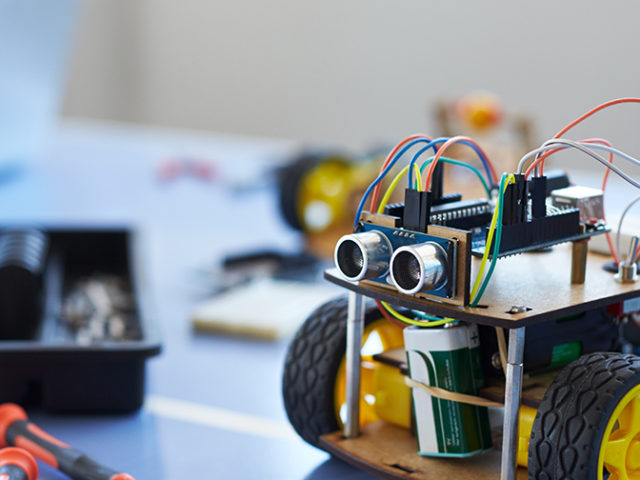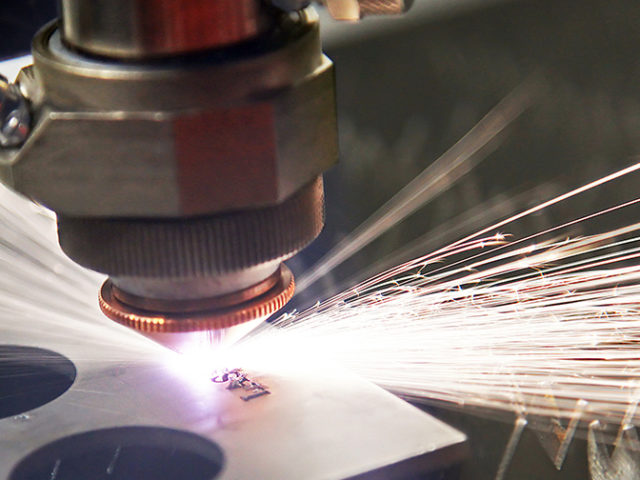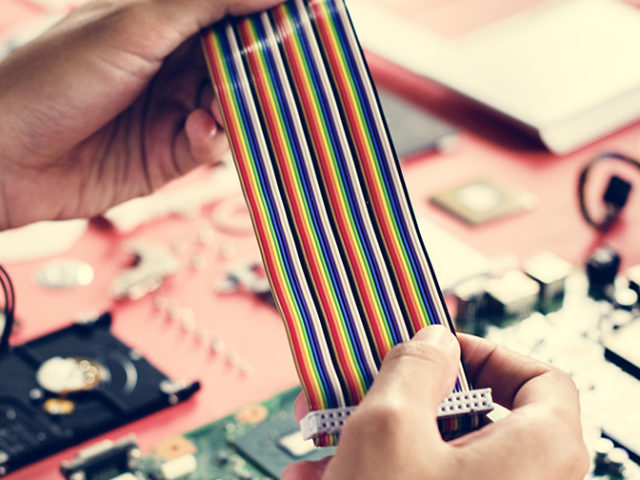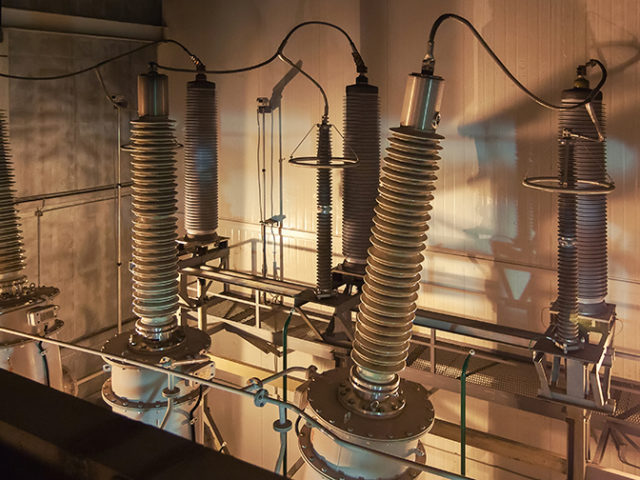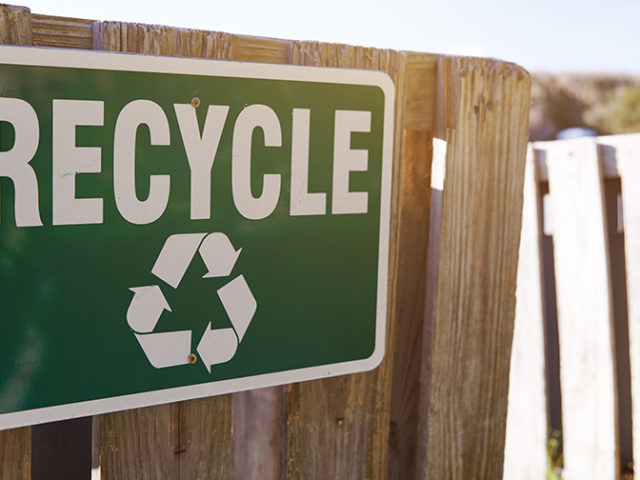The SPEAKER project for the development of a voice assistant platform “made in Germany” won an award at the “Artificial intelligence as a driver…
Category: News
Podcast course about AI
Today, Halmstad University launches a pod-based course about AI (Artificial Intelligence). It is mainly targeted towards professionals within digital service innovation, such as UX…
Navigation method that helps robots to find front door
In the not too distant future, robots may be dispatched as last-mile delivery vehicles to drop your takeout order, package, or meal-kit subscription at…
New immersive music format based on MPEG-H
If you listen to your favorite song and suddenly get the feeling you’re hearing it for the first time, diving into the music and…
Wire laser material deposition
Within a BMBF-funded project, the Fraunhofer Institute for Laser Technology ILT is tackling the issue of 3D printing large components economically by using a…
Crystallisation simulated in much higher resolution
Researchers from the University of Illinois at Urbana-Champaign and Northwestern University have made it possible to observe and simulate the self-assembly of crystalline materials…
Soft robots for everything
From warehouses to hospitals, soft robots are used in different places to assist humans in moving items, treating patients and gathering information. As interests…
Controlling friction in topological insulators
Topological insulators are innovative materials that conduct electricity on the surface, but act as insulators on the inside. Physicists at the University of Basel…
RWTH and Vinnova to design recycling plant for batteries
German-Swedish collaboration to research sustainable battery recycling processes. The requirements for energy sources with high specific voltages and charging cycles have strongly advanced the…
Go Beyond 4.0 project to individualise mass production
Six Fraunhofer Institutes have demonstrated the individualisation of single products in mass production environments by the employment of digital printing and laser technologies. This…



